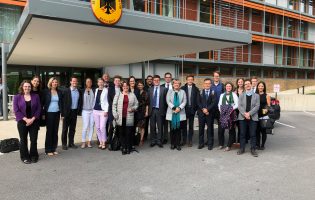Volker Rein, DAAD/AGI Research Fellow
AGI is pleased to welcome Volker Rein as a DAAD/AGI Research Fellow in October and November 2018. Dr. Rein is an experienced social scientist specialized on developments in education and …
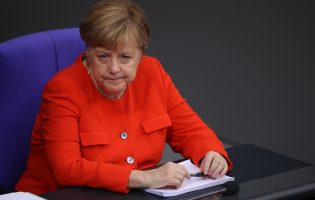
A Specter Is Haunting Europe
The thirteen-year era of “Mutti” (“mama”) Angela Merkel just ended—not with a bang, but with a whimper. Germany’s most beloved politician for a long decade was not voted out of …
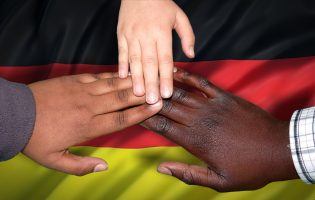
The Hijacking of the German Immigration Debate
When the Christian Democratic Union (CDU) and the Christian Social Union (CSU) had their ugly spat over migration in July, few would have expected it to result in a new …

The Role of Fertility and Family Leave Policies in Shaping Fertility and Female Labor Supply: A Comparative Perspective
Raising fertility and female employment levels constitute primary concerns for policymakers in the developed world. Childcare subsidies, paid and unpaid parental leave, and direct per-child subsidies, often referred to as …

The Chemnitz/Charlottesville Era and Readjusting What to Expect of Government
After the recent week of protests in Chemnitz, comparisons to the events of Charlottesville’s 2017 “Unite the Right” rally have abounded. And with good reason. Both events forced their respective …
Recent Authors
AGI provides knowledge, insights, and networks as tools to solve the challenges ahead.
Support Our Work
Shedding Light on War’s Victims
Historical memory and the experiences of war’s victims continue to emerge more than seventy years after the end of World War II. AGI’s focus on reconciliation between former enemies in …
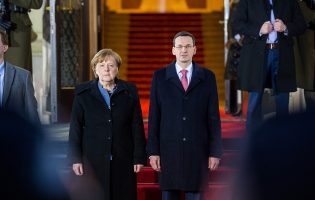
Do Disputes over History Define German-Polish Relations?
Three recent or upcoming events remind us of the centrality of history in the German-Polish partnership: foreign minister Heiko Maas’ visit to Auschwitz on August 20, the 79th anniversary of …
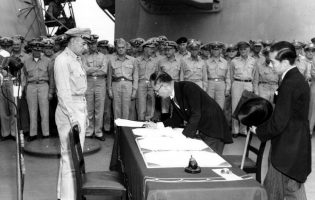
Memory, Identity, and Commemorations of World War II
Anniversary Politics in Asia Pacific Edited by Daqing Yang and Mike Mochizuki Why do some governments and societies attach great significance to a particular anniversary year whereas others seem less …

Squaring the Gender Circle: Merkel, Men, and the CDU/CSU “Master Plan” Crisis
In November 2005, Angela Merkel became Germany’s first female chancellor, the youngest person to reach the nation’s top leadership post to date. Having lost his own bid for the chancellorship …

On Identity: Where Are You Really From?
The Centre for Turkey Studies and Integration Research (Stiftung Zentrum für Türkeistudien und Integrationsforschung) at the University of Duisburg-Essen conducts an annual multi-topic study involving citizens of Turkish descent who …

The Robustness of Franco-German Relations in an Unstable Europe
The European Union faces an existential crisis of dramatic proportions, occasioned by Brexit; nationalism and populism in several member states; internal sclerosis; and challenges from a chaotic international system created …



